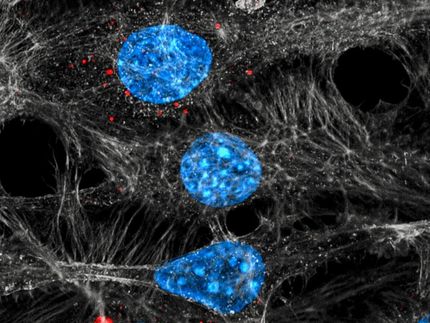Eisai: Halaven Receives Approval in Japan for the Treatment of Inoperable and Recurrent Breast Cancer
Eisai Co., Ltd. announced that it has received approval to market its anticancer Halaven(R) Injection 1mg (eribulin mesylate) in Japan for the treatment of inoperable and recurrent breast cancer. Discovered and developed by Eisai, Halaven is now approved in each of the world's three largest pharmaceutical markets, comprising Japan, the United States and the European Union (EU).
The Japan marketing authorization application for Halaven was submitted in March 2010 and was subsequently granted priority review status by Japan's Ministry of Health, Labour and Welfare in May of the same year. The approval of the agent in Japan was based on results of the global pivotal Phase III EMBRACE (Eisai Metastatic Breast Cancer Study Assessing Physician's Choice Versus E7389) Study as well as a Phase II study (Study 221) conducted in Japan.
A protocol prespecified analysis of the EMBRACE Study demonstrated that patients treated with Halaven survived a median of 2.5 months longer than patients who received treatment of physician's choice (TPC) (overall survival (OS) of 13.1 months versus 10.6 months, respectively; Hazard Ratio [HR] 0.81; p=0.041).
A subsequent updated analysis requested by European and U.S. regulatory authorities found that Halaven-treated patients actually survived a median of 2.7 months longer than those in the TPC arm (OS of 13.2 months versus 10.5 months, respectively; HR 0.81; p=0.014).
Halaven is the first single-agent chemotherapy to demonstrate a statistically significant overall survival benefit in patients with pretreated metastatic breast cancer. Against this backdrop, Eisai has strengthened its sales force by having all of its medical representatives (MRs) trained in oncology and will make a concerted effort to provide information to ensure proper usage of the drug in order to further contribute to improving the quality of life of breast cancer patients.
Most read news
Other news from the department research and development

Get the life science industry in your inbox
By submitting this form you agree that LUMITOS AG will send you the newsletter(s) selected above by email. Your data will not be passed on to third parties. Your data will be stored and processed in accordance with our data protection regulations. LUMITOS may contact you by email for the purpose of advertising or market and opinion surveys. You can revoke your consent at any time without giving reasons to LUMITOS AG, Ernst-Augustin-Str. 2, 12489 Berlin, Germany or by e-mail at revoke@lumitos.com with effect for the future. In addition, each email contains a link to unsubscribe from the corresponding newsletter.






















































